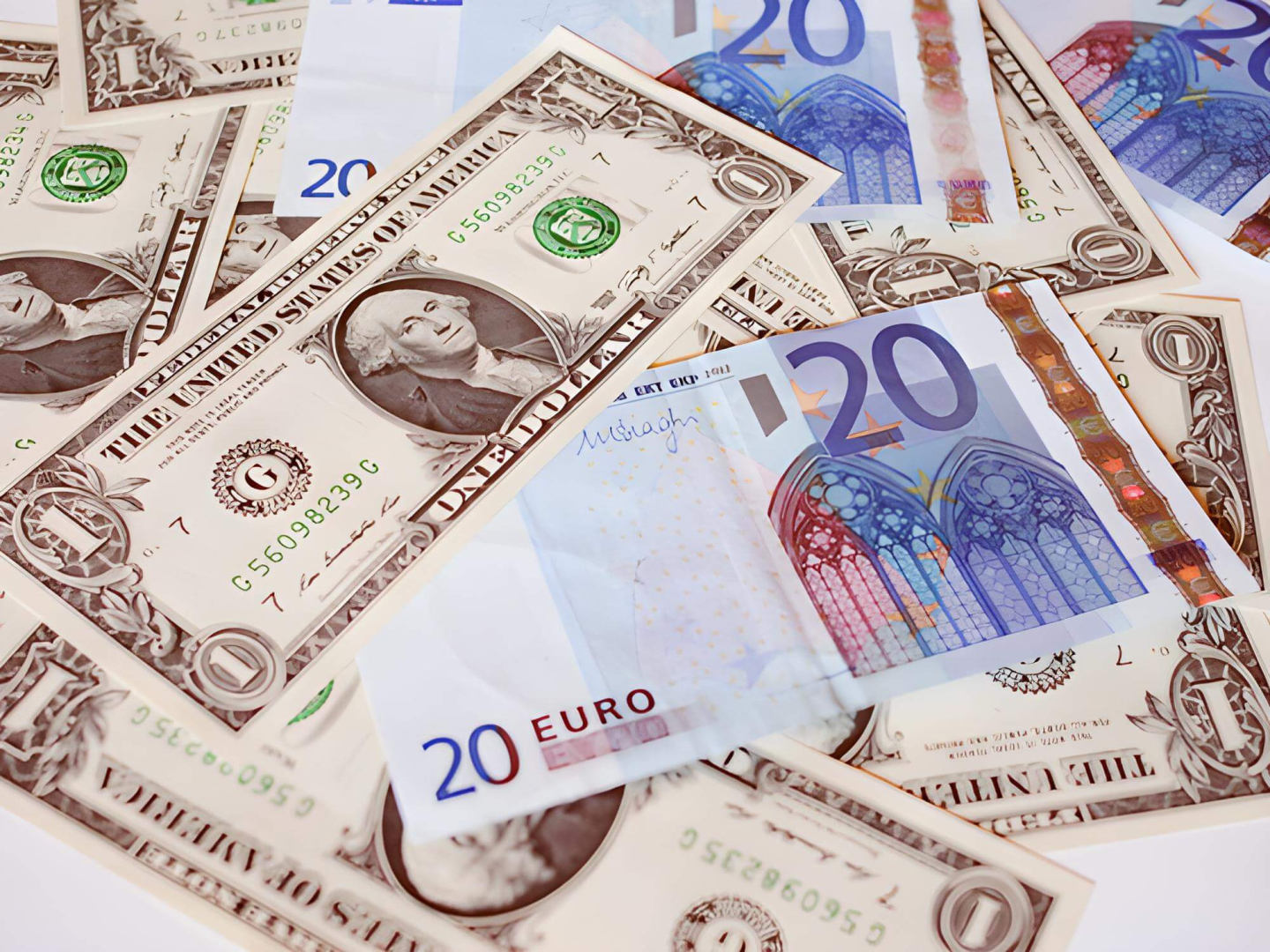The US dollar continues its rebound, with the EURUSD pair breaking below the lows of the last two weeks. The US yield curve has steepened significantly, with the spread between 2-year and 30-year bonds reaching 126 basis points, the highest level in more than three years. In Europe, stock indices initially rose but quickly erased their gains, with banks posting the biggest declines after reports that Italy may tap into their profits to shore up public finances. The technology sector in Europe continues to lag behind its US counterpart, with markets awaiting guidance on demand for artificial intelligence following the release of Nvidia's results. The strength of the dollar is currently driven primarily by the weakness of the euro, declines in European bank stocks fueled by political uncertainty in France, and the latest news from the Italian banking sector.
Once again, banks are weighing most heavily on European markets. Source: xStation
The EURUSD pair is already down 0.5% today, falling below the psychological barrier of 1.1600. If the market supply side manages to maintain its downward momentum, the 100-day EMA, which halted the declines at the end of July, may prove to be a key support point. On the other hand, the 50-day EMA remains an important resistance level.
xStation

Daily Summary - Powerful NFP report could delay Fed rate cuts

BREAKING: Massive increase in US oil reserves!

US OPEN: Blowout Payrolls Signal Slower Path for Rate Cuts?

BREAKING: US100 jumps amid stronger than expected US NFP report


